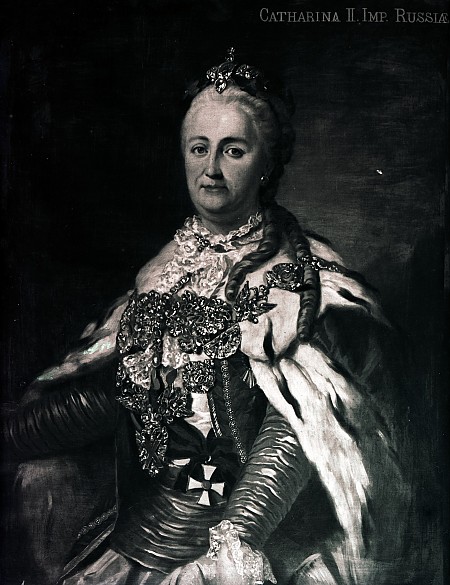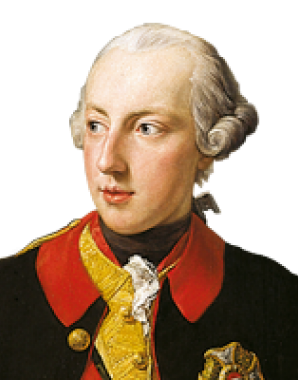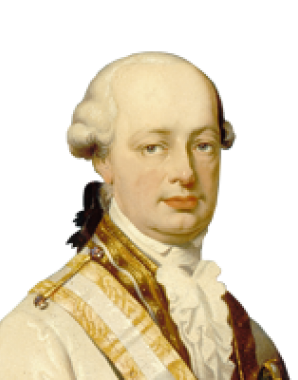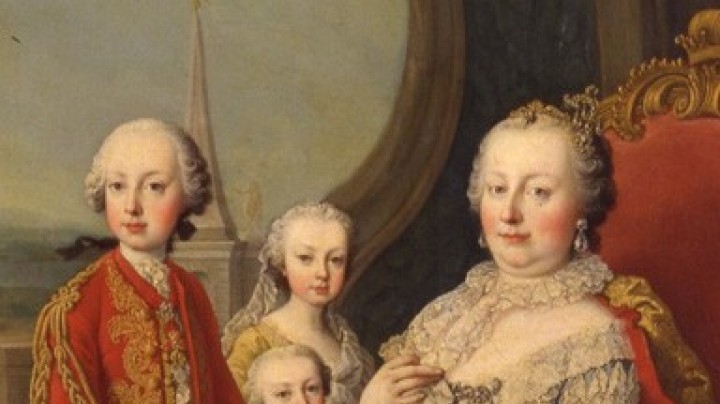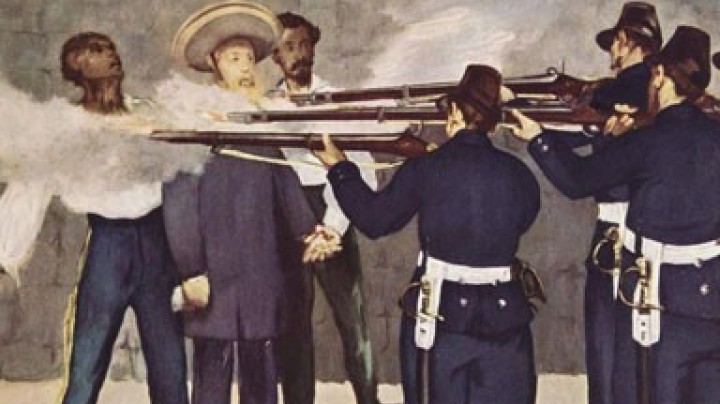Yet another war against the Turks – but this time it was for the last time
The Habsburgs had a long-standing tradition of Turkish wars, to which Joseph added one final inglorious chapter.
In 1781, the Habsburg rivalry with Prussia motivated Joseph II to conclude an alliance with Tsarina Catherine II of Russia that obliged Austria to intervene in the case of a Russian conflict with the Ottoman Empire. In August 1787 precisely this happened, with the Sultan being provoked into declaring war on Catherine. In this Turkish war, however, Joseph gained no laurels at all for his intervention on Russia’s behalf. He was fully aware of the darker sides of the undertaking, recognizing the situation ‘in these accursed countries, accompanied by all possible illnesses, disease and hunger, and on top of all this no great prospects of gain.’ Nevertheless, he not only deployed an auxiliary corps of no less than 30,000 men, but also launched himself fully into the military conflict.
First of all, as troops happened to be passing that way, two attempts were made to take Belgrade from the Turks, without success. Thereupon Joseph sent 245,000 infantry and 37,000 cavalry soldiers to be posted along the Habsburg-Ottoman frontier, which was over a thousand kilometres long. Only now did Joseph officially declare war upon the Sultan. However, advancing the imperial army turned out to be a more difficult enterprise than expected. After a number of setbacks, the Habsburg Banat was occupied by the Ottomans. This mishap prompted the sick and unsuccessful Emperor to withdraw from his personal involvement in the war and pass the supreme command over to Hadik, who in his turn was soon replaced by Laudon – both of whom were by this time very old soldiers indeed. On 8 October 1788, Laudon succeeded in taking Belgrade – and the city that had been taken by Prince Eugene in 1717 was once again in Habsburg hands.
Further Habsburg victories followed, gradually adding to Prussia’s unease and putting the two powers on the brink of direct conflict. In February 1790, however, Joseph involuntarily interrupted the course of events by dying, leaving the say to his brother and successor Leopold II, whose only wish was to end the Balkan war as soon as he possibly could. In July of the same year he concluded a ceasefire with the Ottomans, which was extended in August of the following year into an official peace treaty that restored the status quo (with Belgrade being restored to the Sultan), thus bringing to a close the long history of the Habsburgs’ Turkish wars.

